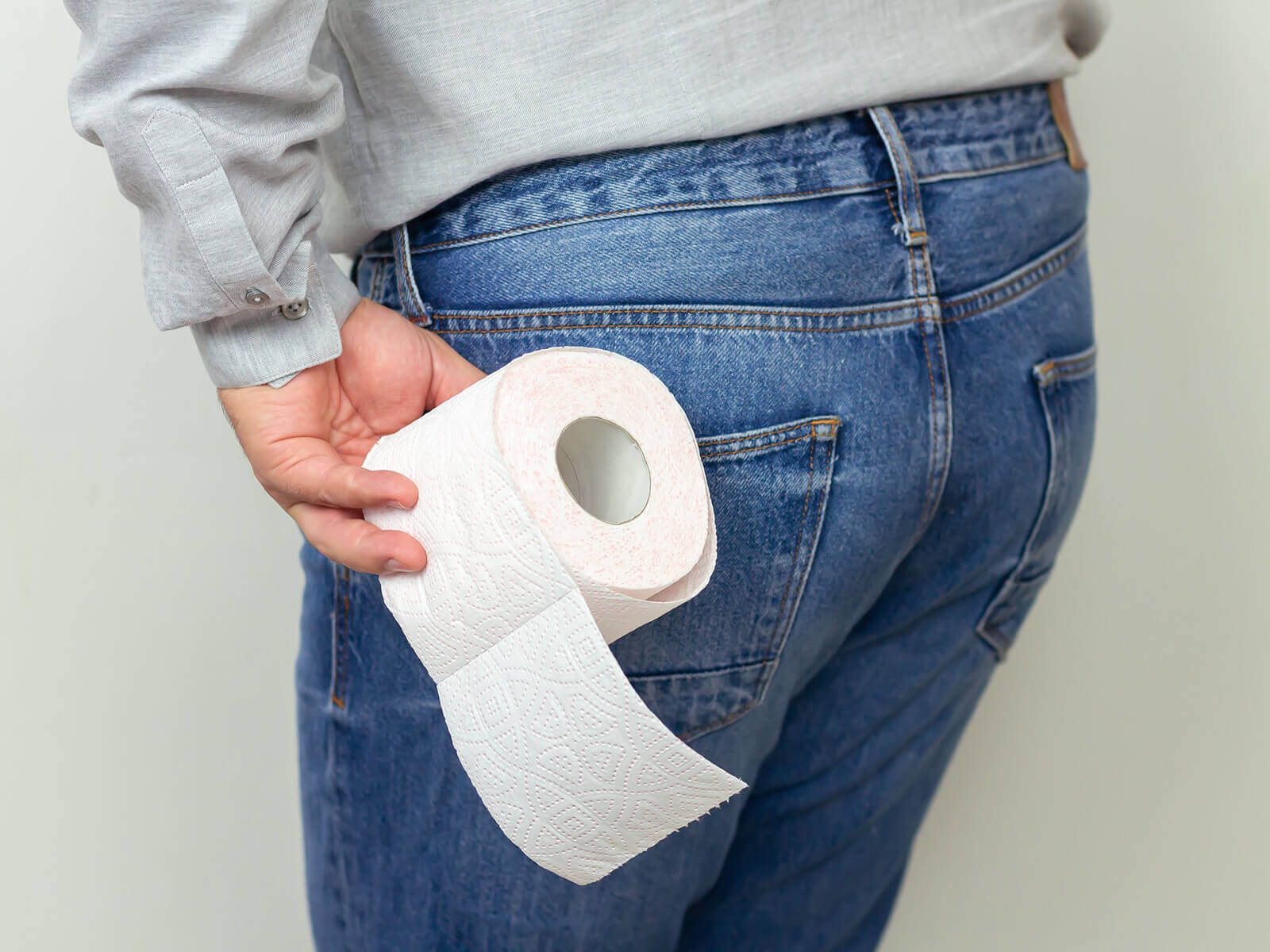
Fecal incontinence is a condition when you are not able to control the bowel movements fully. It can be intermittent cases of minor leakages to larger accidents. It is a disease that influences several people- normally after birth of the child, when they become old or when nerves or muscles around the anus are broken. You are not alone and there are good treatments that will make you regain your confidence.
Fecal incontinence may have different manifestations. You might notice:
There are several factors which may lead to fecal incontinence:
GastroDoxs in Jersey village has a group of qualified professionals whose primary emphasis is patient centered fecal incontinence treatment. With the personalized dietary consultations and pelvic floor rehabilitation to the point of the advanced treatments and supportive products, we develop every treatment plan to fit your needs - to regain control and confidence.
Ready to take the next step? Book an appointment with our gastroenterologist and start seeking long-term relief and a higher quality of life.
We've successfully treated more than 1.4K patients, helping individuals improve their digestive health and overall well-being through expert, personalized care.
With over 20 years of experience, GastroDoxs has been a trusted provider of gastroenterology care, focusing on delivering the best outcomes for patients
The muscles or nerves may be stretched or torn during the process of delivery thus making it impossible to control bowel movements. The result of this may be the occasional leakage or urges.
Yes. Regarding men, incontinence can develop as a consequence of nerve damage, either through damage to the nerve supply or anal sphincter by prostate surgery or radiation therapy or damage to nerves.
Absolutely. Pelvic floor exercises (Kegels) and biofeedback training that helps to strengthen the muscles that control bowel movements can help in reducing or eliminating leaks.
The protection options that are offered on a daily basis include absorbent briefs, pads and adult diapers to offer a method of protection and at the same time be inconspicuous besides offering a great means of reassurance against leakage and odor.
Surgery can hardly be considered the last resort. Most of the people improve tremendously with modifications in their food, pelvical exercises and medication before considering the thought of an operative surgery.
The finest diaper depends on the body shape, degree of activity and the protection necessities. We will help you choose a product that would give you the best degree of fit, absorbency and comfort.
Aging process can result in weakness of pelvic muscles and nerves and this will predispose the individual to danger. However, even at old age, there is much that could be done with accurate treatment and change of life styles.
Yes. The same holistic treatment program would address the urinary and fecal incontinence simultaneously, and would include the combination of exercises, eating changes, and medication.
However, the reactions vary, some patients feel a great change after several weeks of dietary change, pelvic exercises, or drug intake.
However, in case of failure of the conservative treatment, more serious forms of treatment can be proposed, such as nerve stimulation, local injection, or surgery to restore the continence.